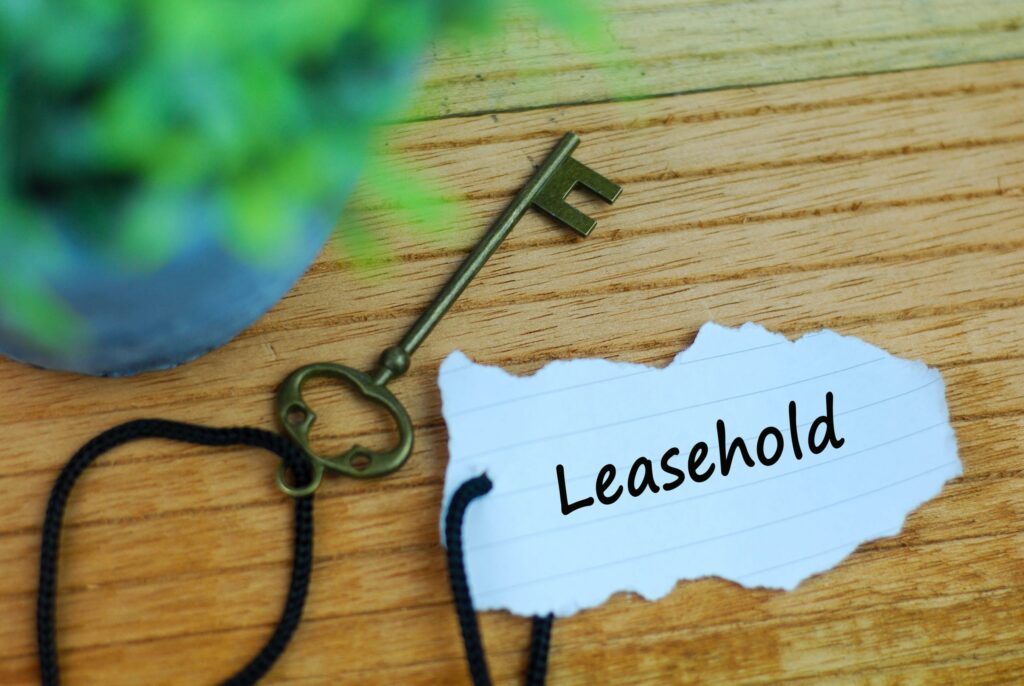
The Leasehold and Freehold Reform Act has become law as one of the last bills to pass through Parliament in the wash-up period.
The Leasehold and Freehold Reform Act passed on Friday, which was the last day the current government sat in Parliament before the general election.
It does not include any cap on ground rents, as initially proposed, but it will now be easier for leaseholders to buy their freehold, increase the lease extension to 990 years for houses and flats, as well as receive more transparency with service charges.
It will also be easier for leaseholders to challenge any unreasonable charges imposed by landlords at tribunal.
The sale of new leasehold houses will be banned except in certain circumstances, and the act promises to end “excessive” buildings insurance commissions for freeholders and managing agents.
Under the Leasehold and Freehold Reform Act, the requirement for a new leaseholder to own a house or flat for at least two years before they can buy or extend the lease has been removed.
Additionally, freehold homeowners on private and mixed tenure estates have gained the same rights of redress as leaseholders, as well as transparency over estate charges. Leaseholders will be able to take over the management of their property if they wish.
Previously, leaseholders in some properties were not allowed to take over the management of a site or buy the freehold if more than 25% of the floor space was commercial. This limit will now be increased to 50%.
The act also gets rid of the presumption that leaseholders should pay for the legal costs of a freeholder when they challenge poor practice.
‘Far from perfect’
Timothy Douglas, head of policy and campaigns at Propertymark, said: “The recently passed leasehold legislation is far from perfect, but it is the start of reform to outdated legislation that was not fit for purpose.
“Once implemented, the new laws will make it more commonplace to extend a lease, and information about leasehold property will be made more transparent, which will make buying, selling and renting leasehold property easier.
“However, the legislation is a missed opportunity to tackle some key issues. Propertymark argued that the legislation needed to go further to incorporate the recommendations for the Regulation of Property Agents. At a time where building safety regulations have increased and become more complex, it is short-sighted that policymakers were unwilling to see the benefit to consumers of qualifying and licensing the competency of those who work in the property sector.”
Linz Darlington, managing director of leasehold extensions specialist Homehold, added: “This limited bill is a muted win for leaseholders. While the legislation is not without merit, leaseholders must see it as a step in a journey rather than the destination itself.
“The bill does not contain many of the important provisions that were promised by the government. The commitment to remove ground rent for existing leaseholders, or even cap it at £250, has not been included.
“Another notable omission from the bill is the prevention of forfeiture, a draconian measure that allows a freeholder to repossess a flat for a debt of just £350.”
She said: “Frustratingly, most of the changes [that] have been included will not come into effect immediately or even within a specified timeline. These included-but-delayed changes include banning leasehold houses and also abolishing marriage value, which could make it cheaper for leaseholders with fewer than 80 years left to extend their leases.
“Instead, we will have to wait for additional legislation to fill in the gaps – and the bill’s impact assessment suggests this won’t be in place until 2026. This secondary legislation – which will set the key rates used to calculate lease extension and freehold purchase prices – will also have the potential to make lease extensions more expensive for those with leases above 80 years and lower ground rents.”
Darlington said comments from both the House of Commons and the House of Lords suggested the freehold sector would respond to the bill through litigation.
She added: “They will argue in court that provisions that make it cheaper for leaseholders with short leases to extend them infringe upon their human rights. We may have to wait for the outcome of these legal challenges before leaseholders can benefit from the reform.
“The lack of scrutiny that such a complex bill has had was consistently mentioned in the House of Lords. Invariably, as the final bill is scrutinised by the lawyers and valuers who will practise this area of law, there will be errors and omissions identified. These will need to be resolved either through further legislation or litigation.
“As promising as this step is, it will be the responsibility of the next government, and the timeline they set, to get leasehold reform to the point it will actually benefit leaseholders.”
Shekina is the deputy editor at Mortgage Solutions and commercial editor at Mortgage Solutions and Specialist Lending Solutions. She has nearly eight years of experience in the B2B publishing market, having previously covered the hospitality, retail, pet, accounting and jewellery sectors.
Shekina has worked for Mortgage Solutions and Specialist Lending Solutions for almost five years. Here, she covers the market’s breaking news stories, engages with professionals in the sector, and oversees any commercially agreed content in partnership with mortgage-related companies.
This includes presenting webinars and hosting roundtable discussions on developing themes in the mortgage sector.
She is an NCTJ-trained journalist and was nominated for the Headline Money Awards Mortgage Journalist of the Year in 2021.
In her spare time, Shekina likes to read, travel, listen to music and socialise with friends.
She currently reports on current events in the mortgage market and liaises with financial clients to produce sponsored content.
Follow her on Twitter at @ShekinaMS



